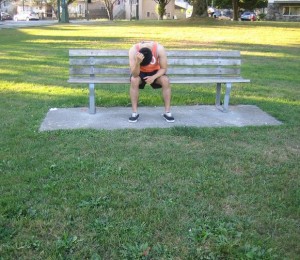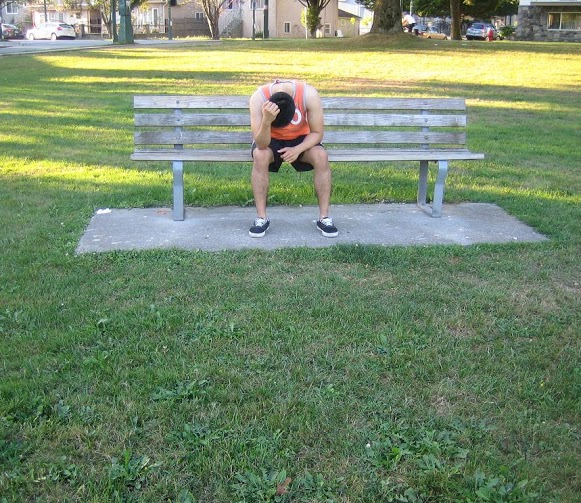A lice bite can cause intense itchiness. There are types of lice that are identified based on the body part they infest – head lice, body lice and pubic lice.
The head and pubic lice prefer the hair and skin as their nesting sites while the body lice thrive in fabrics. It is important to note that the adult head and pubic lice usually perish after 48-72 hours without blood, but can survive for up to a week on a human.
Do I have a head lice bite?
The head lice can thrive anywhere in the body from the eyebrows or on the neck. You can acquire them via close contact with an infested individual or using an object that was recently used such as a pillow or hairbrush.

Itchiness from a lice bite is due to its saliva as it feeds. If you discover a group of itchy spots on the head, it indicates the presence of head lice. In most cases, the bites are typically found on the rear part of the head and area behind the ears. The bites appear as miniature, reddish or pinkish bumps, oftentimes crusted with blood. If scratched excessively, a lice bite is at risk for infection.
Do I have pubic lice?
Pubic lice invade the hair around the genital region and oftentimes underarm hair, eyebrows and chest hair. They spread via sexual activity, especially among sexually active adults and adolescents.
Itchy spots or intense itchiness in the genital area covered by hair might be an indication of pubic lice. Check for any small-sized, pinkish or reddened lumps on the skin. If scratched, the lice bite can become infected.
Do I have body lice?
Body lice usually thrive and lay eggs on bedding and clothes. They are often present among individuals who do not observe regular laundering of clothes or bedding. Generally, they spread via contact with infested fabrics.

